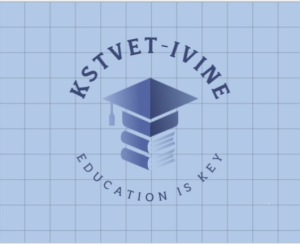Essential skills are the basic abilities people need to succeed in work, learning, and daily life. They include communication, teamwork, problem-solving, critical thinking, creativity, and adaptability. These skills help individuals work well with others, handle challenges, and keep learning in a changing world. In short, essential skills are the foundation for personal growth, effective work, and lifelong learning.
Flexible and Blended Learning (FAB II) focuses on combining traditional face-to-face teaching with online and self-paced learning methods. It gives learners more control over when, where, and how they study, using technology to support different learning styles and needs. The approach promotes independence, collaboration, and digital literacy while allowing teachers to personalize learning.
- Teacher: Admin User
